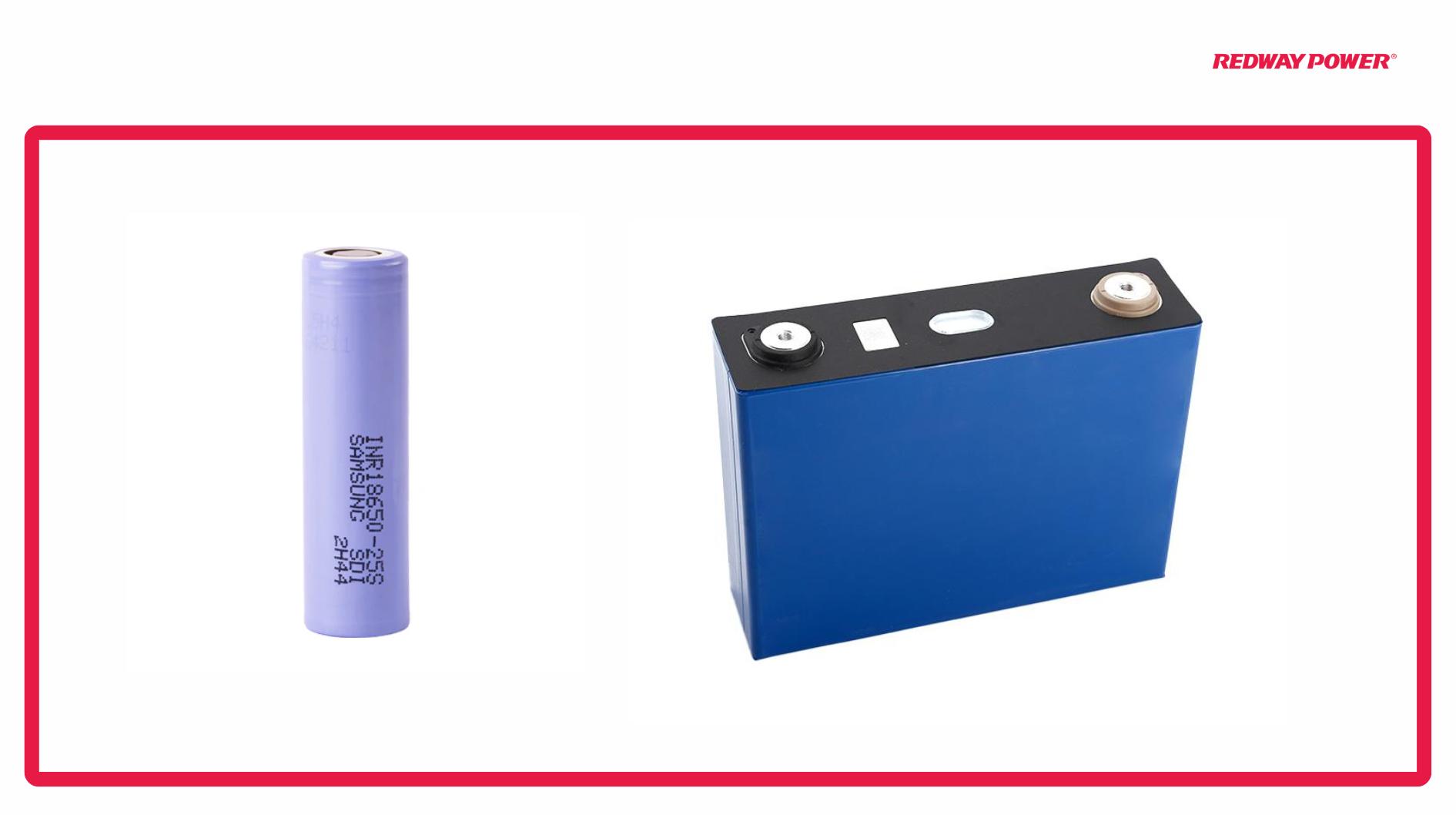The capacity of a battery refers to the total amount of electric charge it can store, typically measured in ampere-hours (Ah) or milliampere-hours (mAh). This measurement indicates how long a battery can deliver a specific current before it needs recharging. For example, a battery rated at 2000mAh can theoretically provide 2000 milliamperes for one hour.
Latest News
- Battery Technology Advances: Recent innovations in battery chemistry are leading to higher capacities and faster charging times, making batteries more efficient for consumer electronics and electric vehicles.
- Sustainability Focus: Companies are increasingly investing in sustainable battery technologies, emphasizing recycling and reducing environmental impact.
- Market Growth: The global battery market is expected to grow significantly, driven by demand for electric vehicles, renewable energy storage, and portable electronics.
Redway Expert Comment
“As experts in Lithium LiFePO4 batteries, we recognize that battery capacity is crucial for performance across various applications. Our commitment to innovation ensures that we provide high-capacity solutions tailored to meet the evolving needs of our customers, particularly in sectors like electric vehicles and renewable energy.”
Understanding Battery Capacity
Battery capacity is a fundamental characteristic that determines how long a device can operate before requiring a recharge. It is influenced by several factors, including the type of battery chemistry used, the physical size of the battery, and its design.
Battery Capacity Chart
| Battery Type | Capacity Range (mAh) | Common Applications |
|---|---|---|
| Lithium-ion (Li-ion) | 1000 – 3500 | Smartphones, Laptops |
| Nickel-Metal Hydride (NiMH) | 600 – 3000 | Hybrid Cars, Power Tools |
| Lead-acid | 100 – 2000 | Automotive, UPS Systems |
| Lithium Iron Phosphate (LiFePO4) | 1000 – 3000 | Electric Vehicles, Golf Carts |
Relation to Lead-acid Replacement Batteries
Battery capacity is particularly relevant when discussing lead-acid replacement batteries. Lithium LiFePO4 batteries offer higher energy density and longer cycle life compared to traditional lead-acid batteries. This means they can provide more power over time while occupying less space and weighing significantly less.
Recommended Product
For clients looking to replace lead-acid batteries with a more efficient solution, we recommend the Redway Lithium LiFePO4 Golf Cart Battery. This product not only offers high capacity but also ensures extended service life and reliability for golf carts and similar applications.
Best Alternatives or Competitors
When exploring alternatives to Redway Battery’s offerings in the lithium battery market, several competitors present viable options.
Battery Capacity Explained
Top Competitors Chart
| Company | Lithium Battery Option | Key Features |
|---|---|---|
| Redway Battery | Yes | Custom solutions, high capacity |
| Samsung | Yes | Advanced safety features |
| LG | Yes | High energy density |
| Panasonic | Yes | Reliable performance |
| Sony | Yes | High-drain capability |
In summary, understanding battery capacity is essential for selecting the right power source for various applications. With advancements in technology and a focus on sustainability, Redway Battery remains at the forefront of providing high-capacity Lithium LiFePO4 solutions tailored to meet diverse customer needs.



